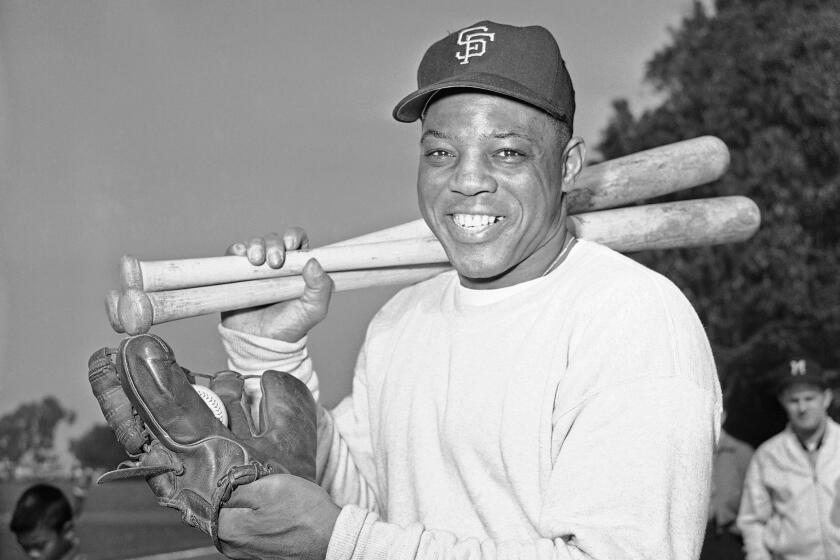Mugging People Who Have Nothing
Announcing his broad-ranging welfare reform plan, Gov. Pete Wilson proclaimed that there is “a lot more dignity in any minimum-wage job than sitting on a couch collecting welfare.” Yet one of the keystones of Wilson’s plan would eliminate work along with welfare.
General Relief, as the state-mandated General Assistance program is known in Los Angeles County, provides hope for the most destitute people in our society; it also generally requires those people to work for the money.
Let’s put political rhetoric and moral condemnation aside for a minute and look at the facts. Before being approved for General Relief, you must submit proof of extensive job searches and be registered for job openings with the state employment office. If eligible, you will get cash assistance of $212 a month ($179 or less if you share housing) from the county. In return, you must pay back the entire sum by doing menial work for the county, such as picking up litter, cleaning up after people’s dogs in parks, scrubbing public toilets, staffing cemeteries, crematoriums or the coroner’s office. You are credited at minimum wage for this work, no matter how demanding or unsavory it may be.
To keep your benefits, you must submit monthly reports and completed job search and workfare assignments to the county Department of Public Social Services. Imagine your worst experience waiting in line at the Department of Motor Vehicles and multiply it by 10 and you’ll have some sense of what General Relief clients experience.
In short, General Relief is not a free ride on the backs of taxpayers. And people don’t qualify for it unless they have exhausted every other option.
Every time I go to a social services office, I see scores of people who want to work but can’t. Some of the chronically unemployable are illiterate or have attention-deficit disorder, or they suffer mental impairment or have physical disabilities. They simply can’t compete with the mainstream work force when it comes to getting a job that comes with a livable wage, a market that keeps tightening with employers’ increasing demands for higher education and specialized technical training. Others have been paroled from prison and no one wants to hire them. But being unemployable doesn’t mean they’re unwilling to work. The people I see demonstrate their willingness every single day when they report to workfare assignments. But neither the county nor the state nor the private sector has offered these folks meaningful opportunities for job training or placement.
General Relief also absorbs those who are too ill or too distraught to find work. Their destitution usually is temporary, but it is no less desperate.
The governor’s proposal to end the state mandate for counties to provide this last-ditch assistance raises some basic public health and safety issues. Thousands of General Relief recipients spend up to 90% of their monthly checks in order to stay housed in single-room occupancy hotels on skid row or other down-at-the-heels neighborhoods. Eliminate General Relief and these thousands will have no place to turn but the streets. The mayor’s office estimates that as many as 30,000 more people in Los Angeles would become homeless if General Relief were eliminated or substantially reduced from its already bare-bones level. That is, tens of thousands of people who turned to General Relief because they couldn’t find work will be on the streets, panhandling, defecating in doorways, sleeping on sidewalks.
General Relief recipients want to work. They do work. Considering that unemployment in California has never been below 5% since the 1980s, eliminating General Relief would be tantamount to not allowing these people to work and then blaming them for being shiftless. If the governor is genuinely interested in getting more work out of people, his reform plan should authorize an expansion of the General Assistance program so that the casualties of the employment free market can work more hours and obtain a more “dignified” existence.
